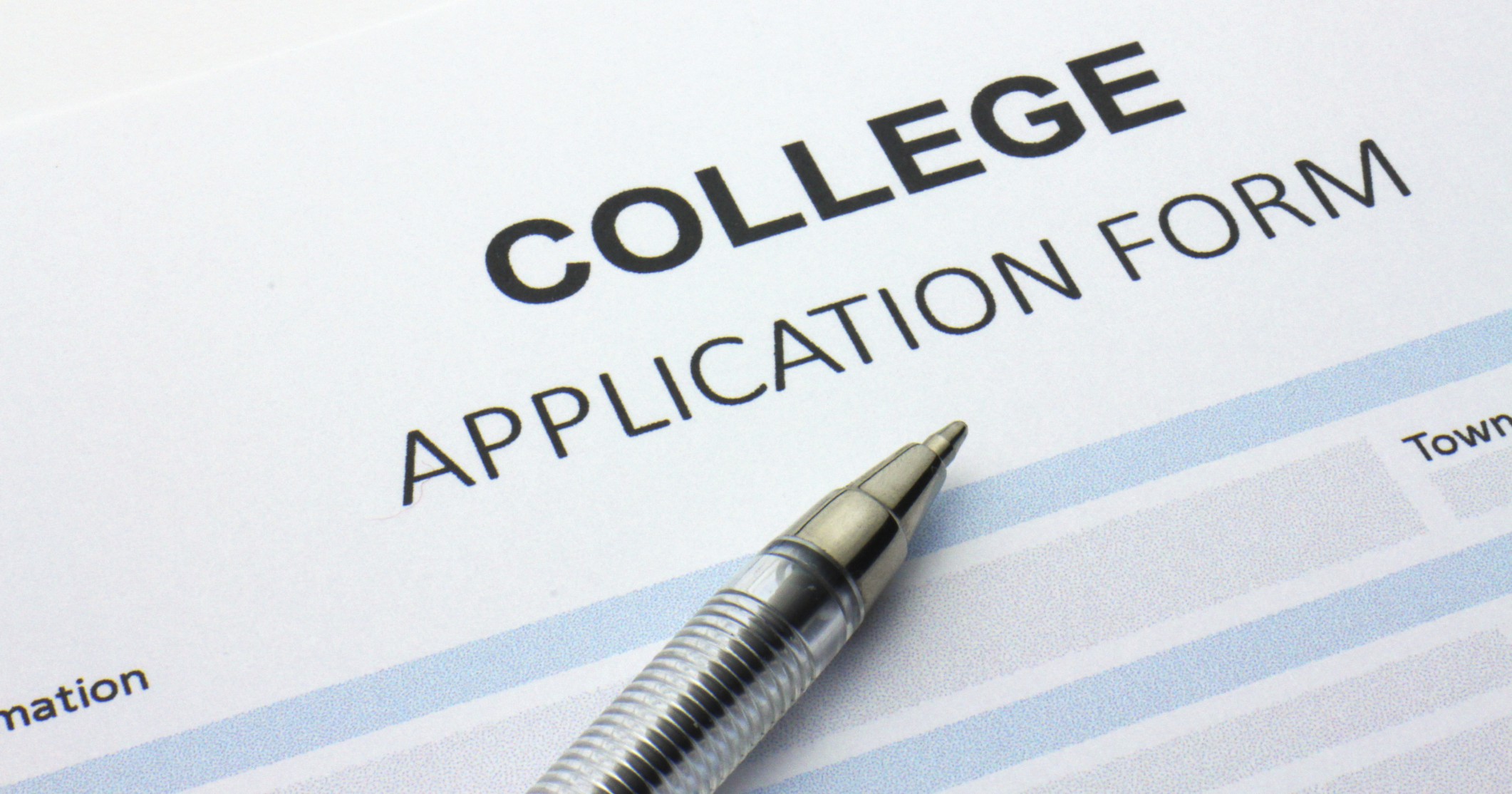As upperclassmen in high school, we can answer almost any question related to preparing for college, how to spend your time effectively, and much more. The simple act of showing an interest in different opportunities is the first step on your path to success!
SAT and ACT- Different ways to get ready!
SAT! ACT! The two most important tests considered on your college applications. No pressure! There are many ways to prepare for the SAT and/or ACT, but it is first important to know which one is right for you. Let’s talk about these two tests, in detail.
SAT
The SAT contains 4 mandatory sections: reading, writing, math with no calculator, and math with a calculator, along with an optional essay. You will get a combined score out of 800 for the two math sections, and the reading and writing sections. Therefore, the new SAT is out of 1600 points. You have 3 hours total for the test, excluding the 50 minute optional essay. Specifically, you are given 65 minutes to answer 52 multiple choice questions in the reading section, 35 minutes to answer 44 multiple choice questions in the writing section, 55 minutes to answer 25 multiple choice questions and 13 student-produced responses in the math section with a calculator, and 25 minutes to answer 15 multiple choice questions and 5 student-produced reponses in the math section without a calculator. This section includes the following topics: algebra, problem solving and data analysis, and advanced math. For the essay, you will read a passage, and identify literary devices used by the author that help prove their argument.
ACT
The ACT is completely different, since the scoring ranges from 1 to 36. There 4 sections of the ACT, excluding the optional essay: english, math, reading, and science. The english section contains 75 questions, and you are given just 45 minutes finish. For the math section, you are allowed to use a calculator at all times, and must answer 60 multiple choice questions in one hour. The reading and science sections both contain
40 multiple choice questions, and you are given 35 minutes to complete each one.
Studying?
Your preparation for these standardized tests really depends on how you learn best. You could study on your own through an online course, pay for classes, buy an SAT or ACT book, and/or get a private tutor.
Okay, should I take SAT or ACT?
Before you start studying, you should take practice tests for both to see which one you prefer! This will save you money, time, and enegry. While the SAT questions are described as more puzzling and deceiving, the ACT questions are known to be more straightforward. However, the ACT has a much quicker pace, and is recommended mainly for students who are fast readers and are interested in science.
Should I take more than one SAT/ACT?
Unless you get an amazing score on your first try, yes! There is almost always room for improvement, especially if you change up your study methods. The more you practice, the more comfortable you will be with the format. It’s scientifically proven that most students perform better when they retake the test! Also, The College Board, or the organization that administers the SAT, is partnered with Khan Academy, which helps students study by offering practice in the areas you need the most help in. Simply link your College Board account with Khan Academy!
Helpful SAT Resources:
Give Khan Academy a try! It’s free and very useful to sort out what you need practice on:
ACT/SAT Prep Books:
Kaplan, Barron's, and The Princeton Review all provide very helpful SAT and ACT prep books that walk you through problems step by step, and provide you with practice tests. These companies also have books to help you prepare for AP tests, and SAT subject tests.
Click below to start studying!
There are so many books that contain more specific information relating to standardized tests, so don’t feel limited to the books that are recommended here. This is overwhelming right? Just know that, with hard work and dedication, you will be successful! The SAT or ACT might not even be heavily considered in your college application, so just make sure you have several other awesome things on it!
Okay, should I take SAT or ACT?
Before you start studying, you should take practice tests for both to see which one you prefer! This will save you money, time, and enegry. While the SAT questions are described as more puzzling and deceiving, the ACT questions are known to be more straightforward. However, the ACT has a much quicker pace, and is recommended mainly for students who are fast readers and are interested in science.
Should I take more than one SAT/ACT?
Unless you get an amazing score on your first try, yes! There is almost always room for improvement, especially if you change up your study methods. The more you practice, the more comfortable you will be with the format. It’s scientifically proven that most students perform better when they retake the test! Also, The College Board, or the organization that administers the SAT, is partnered with Khan Academy, which helps students study by offering practice in the areas you need the most help in. Simply link your College Board account with Khan Academy!
Give Khan Academy a try! It’s free and very useful to sort out what you need practice on:
ACT/SAT Prep Books:
Kaplan, Barron's, and The Princeton Review all provide very helpful SAT and ACT prep books that walk you through problems step by step, and provide you with practice tests. These companies also have books to help you prepare for AP tests, and SAT subject tests.
Click below to start studying!
There are so many books that contain more specific information relating to standardized tests, so don’t feel limited to the books that are recommended here. This is overwhelming right? Just know that, with hard work and dedication, you will be successful! The SAT or ACT might not even be heavily considered in your college application, so just make sure you have several other awesome things on it!


